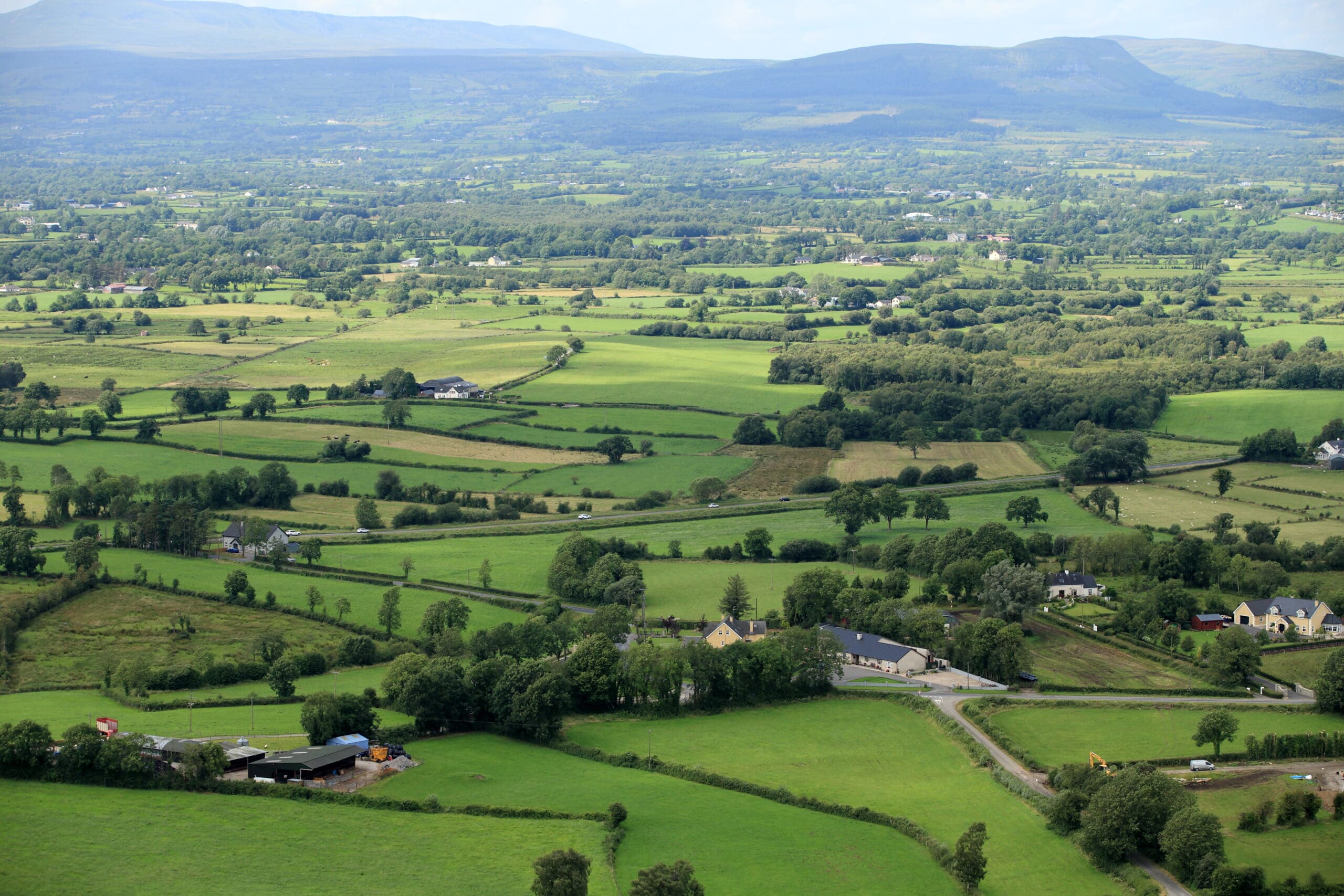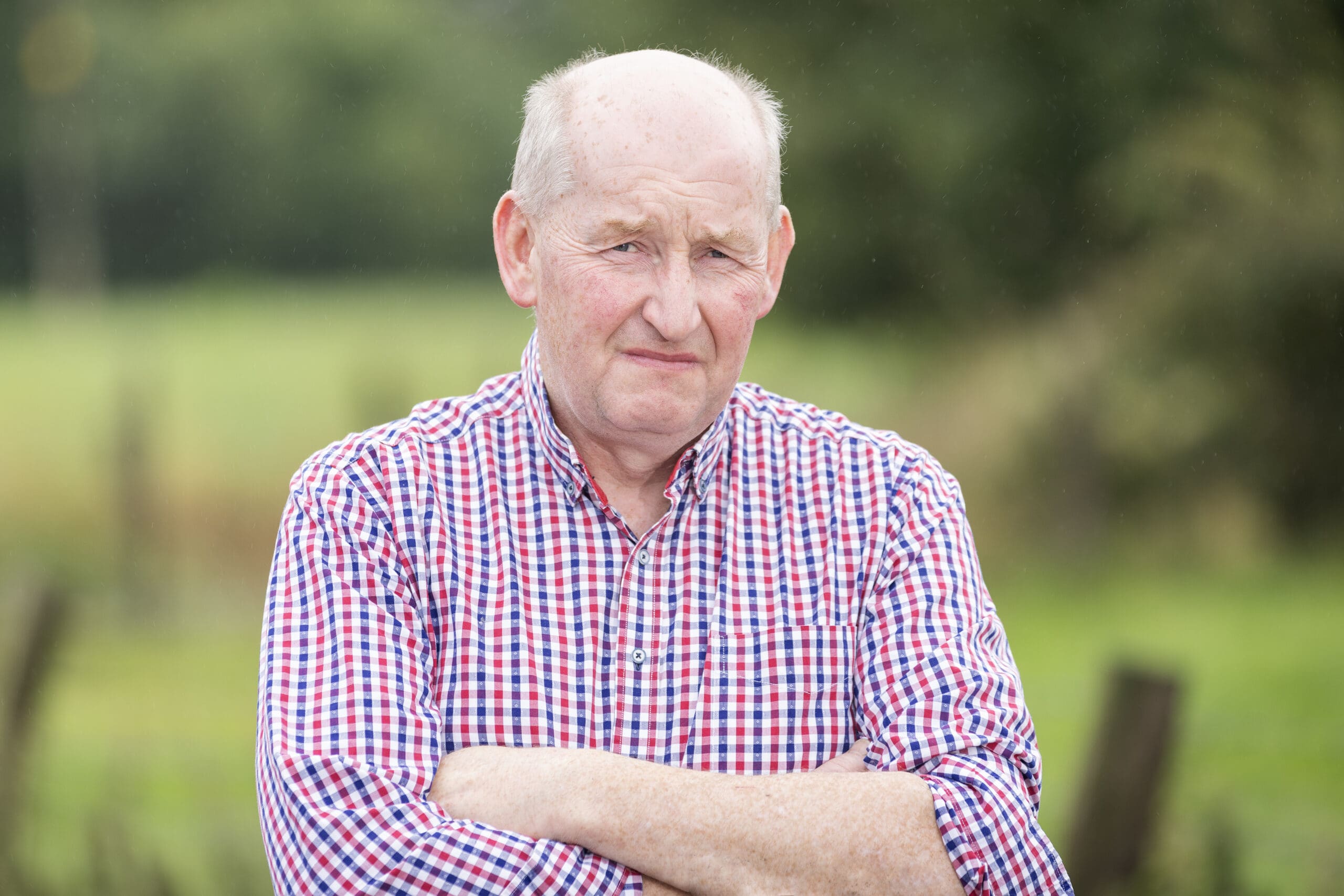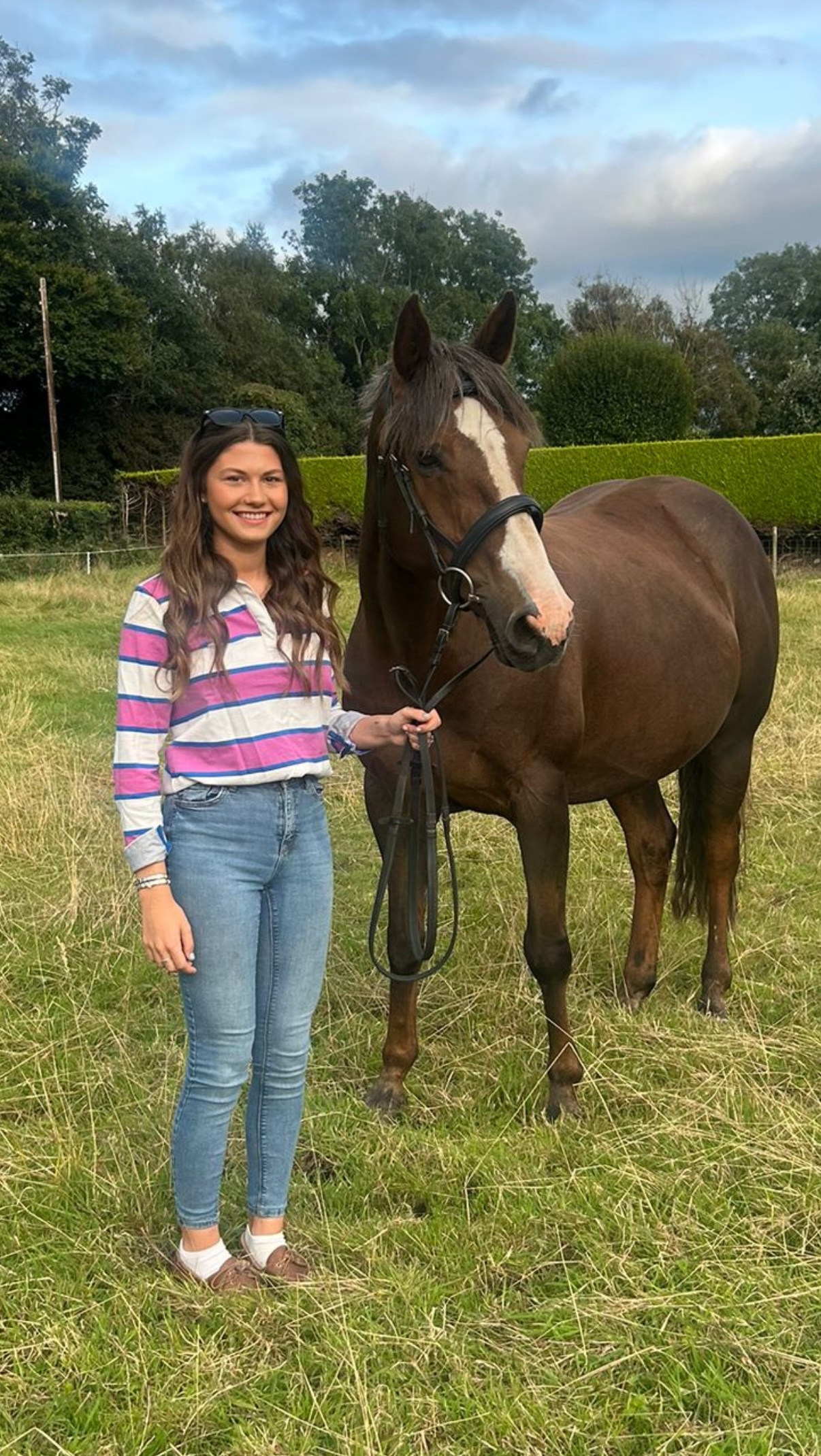
County Fermanagh countryside. Picture: Cliff Donaldson
An independent economic analysis into the Nutrients Action Programme (NAP) proposals, initiated by the Ulster Farmers’ Union and Northern Ireland agri-food stakeholders, conducted by AgriSearch, confirms that the phosphorus (P) balance limits for 2026–2029, particularly the 8kgP/ha threshold and the imposition of buffer strips on arable land, would inflict irreparable harm on Northern Ireland’s farming industry.
The report launched yesterday outlines that the impact could exceed a staggering £1.56 billion and concludes that this will result in:
- Widespread economic disruption across the agri-food sector and the wider economy, with projected losses exceeding £1.56 billion per annum.
- Limit the resilience and competitiveness of the Northern Ireland family farm. Improved productivity was one of the four key policy objectives of DAERA. This could further exacerbate the economic gap between the farm and non-farm economy – rural and urban communities and act as a further disincentive for young people to enter farming.
- Severe financial strain on farm businesses, many of which are already carrying significant debt burdens.
- Destabilisation of the land market, with increased competition for land likely to disadvantage smaller and less intensive farms and non-livestock farms.
- Threats to supply chain resilience, as reduced livestock numbers could render processing facilities economically unviable.
- Wider impact on rural communities dependent on the agricultural sector for economic activity.
- Further weaken the food security and food sovereignty of the United Kingdom by reducing domestic production and increasing reliance on imported produce.
Commenting, UFU president William Irvine said, “The findings from this interim economic analysis into the NAP proposals are utterly dire. This report shows that these two proposals alone would decimate family farms. The financial impact following the implementation of the 10kg and 8kg/ha P balance and buffer strips would force drastic livestock cuts or significant land acquisition, both of which are economically unsustainable for many family farms.
“For arable, potato and vegetable growers, they would lose an average of 2% of land to the mandated three metre buffer strips which would be required alongside water courses. That’s a significant area of productive land, having a huge impact on the farm’s viability whilst also adding more unnecessary and burdensome red tape.”
The NI agri-food sector is calling out DAERA for their failure to carry out a full and proper economic analysis.
“It’s disgraceful and frankly inexcusable that DAERA did not properly investigate and assess the consequences of these proposals before they were put forward. DAERA should never be allowed to release a major policy proposal without proper economic assessments being carried out.
“Our study may have a narrow focus due to time constraints, but it very clearly illustrates unacceptable costs across all sectors. Our collected data shows no sector would get out unscathed by these NAP proposals, and underscores DAERA’s appalling failings and a lack of care to properly understand the impact of their policy decisions.
“The department is meant to be supporting farm families to become more sustainable and deliver more for the environment while producing the food we all need. Instead, DAERA has risked the future of farm families and local food production, with the potential of destroying NI’s rural economy.
“A stakeholder task and finish group will be set up after the current NAP consultation closes, guided by the feedback submitted. Individual responses from the farming community are absolutely vital. We are now fighting for survival. I urge everyone to submit a personal and unique response by Thursday 24 July, to help us prevent these NAP proposals becoming policy. We need to all chip in, helping to shape the future direction of NAP and demanding much-needed change, because so far on this NAP journey DAERA has failed us significantly,” said Mr Irvine.
To view AgriSearch interim economic impact assessment of proposed measures within DAERA’s Nutrients Action Programme 2026-2029, click here.




